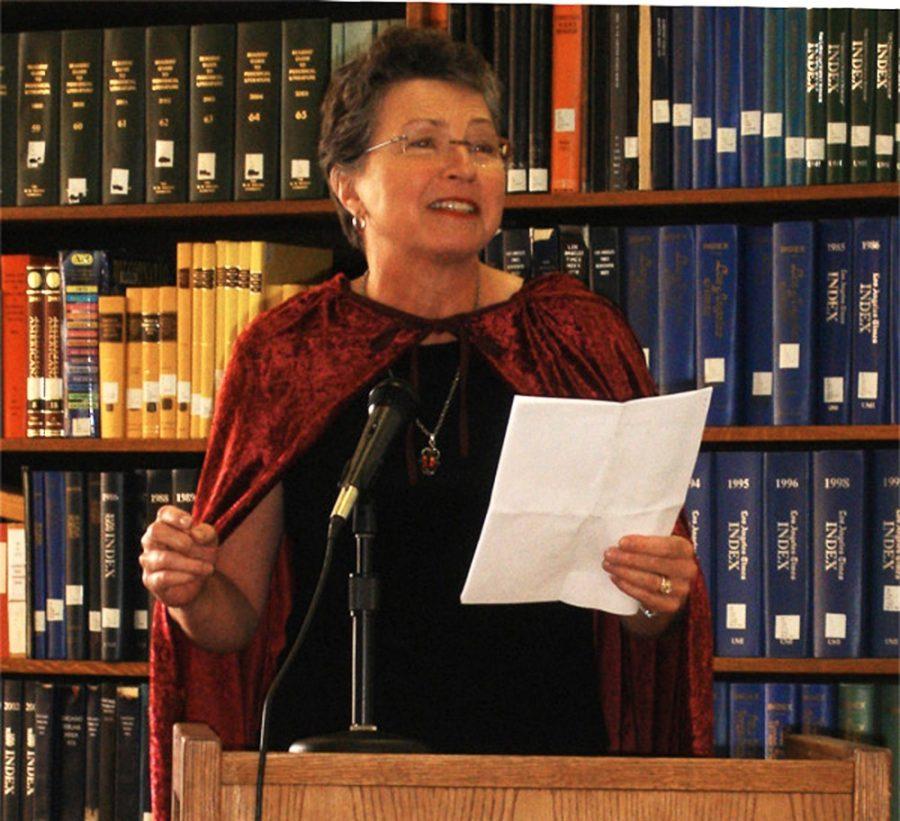The UA Department of Classics will celebrate the work of Vergil today in the Special Collections section of the Main Library through an aloud reading of Book II of “The Aeneid.”
The reading marks the fourth annual Lectio Vergiliana. Cynthia White, director of the Basic Latin Program, and Jared Copeland, a Latin teacher for Scottsdale Preparatory Academy, started the event in 2011.
The “reading was organized in the Main Library reference room,” White writes in an email, “with the English projected on a large screen behind the readers of the text.”
Teaching assistants Elizabeth Del Curto and Stephanie Hutchings will run this year’s event. The two have been awarded two grants in order to run the event — one from the Classical Association of the Middle West and South, and the other from the UA Faculty-Student Interaction Grant.
Vergil’s poem is the account of Aeneas’ journey after the fall of Troy. In Book II, Aeneas recounts the destruction of Troy to Dido and explains their quest for a promising new home.
“Vergil is at his best in his account of the horrifically tragic death of Priam, as narrated by Aeneas,” UA professor of classics David Christenson writes in an email. “Priam must first watch Achilles’ son, Neptolemus, butcher his own son before he, himself, is executed…The king’s death powerfully marks the demise of an entire civilization — and also the birth of a new one.”
Students in upper division and graduate Latin classes, along with those in secondary school certification classes, will take turns reading sections of the book.
“In the broadest sense, the lectio celebrates a brilliant language (and literature) that is as alive today as it ever has been,” Christenson writes. “We sometimes forget that hundreds of millions of people speak — and innovate and create — in dialects of Latin today (Spanish, French, Italian, Romanian, Portugese).”
Although Latin is often referred to as a dead language, the department of classics believes that it is incredibly beneficial for students to continue to study and learn the language. Not only does Latin aid in subjects such as European history, philosophy, literature, religion, and culture but it also allows students to have access to the writings of the Romans, early Christians, and people of Renaissance, early modern and Enlightenment Europe.
“People who study Latin gain a deeper understanding of grammar of English, and thus become better writers,” said Robert Groves, a visiting assistant professor of classics. “People who plan to go on to law or medical school will expand their vocabularies by knowing the Latin roots used in many technical terms.”
The Lectio Vergiliana brings students, professors and teaching assistants together to listen to and read the work of Vergil.
“For students who are in their early semesters of studying and reading Latin,” White writes, “it is exciting to measure their progress by reading the poem aloud in a public setting, as it was meant to be performed.”
The reading will run from 9 a.m.-2 p.m. and is open to the public.
_______________
Follow Chelsea Cook on Twitter.









